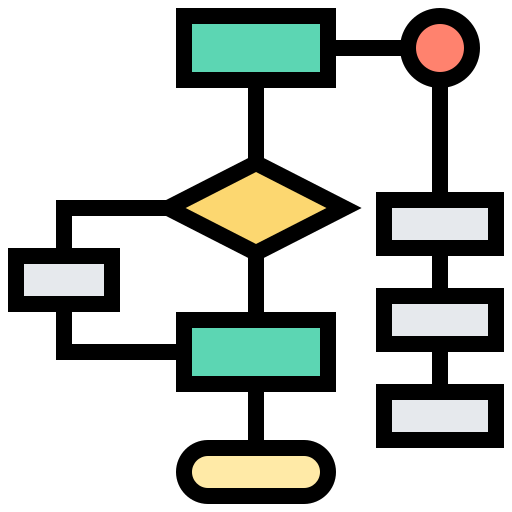Ad Ultimate Pocket Supercomputer now with AI
More processing power than NASA used to fake the moon landing

Each purchase brings us closer to affording that C++ course where they explain pointers once and for all. 👉

 AI
AI
 AWS
AWS
 Agile
Agile
 Algorithms
Algorithms
 Android
Android
 Apple
Apple
 Bash
Bash
 C++
C++
 Csharp
Csharp











